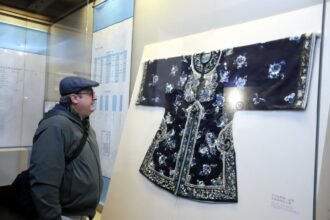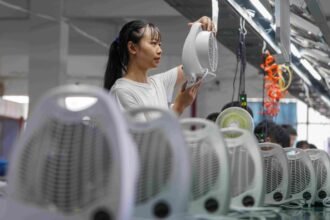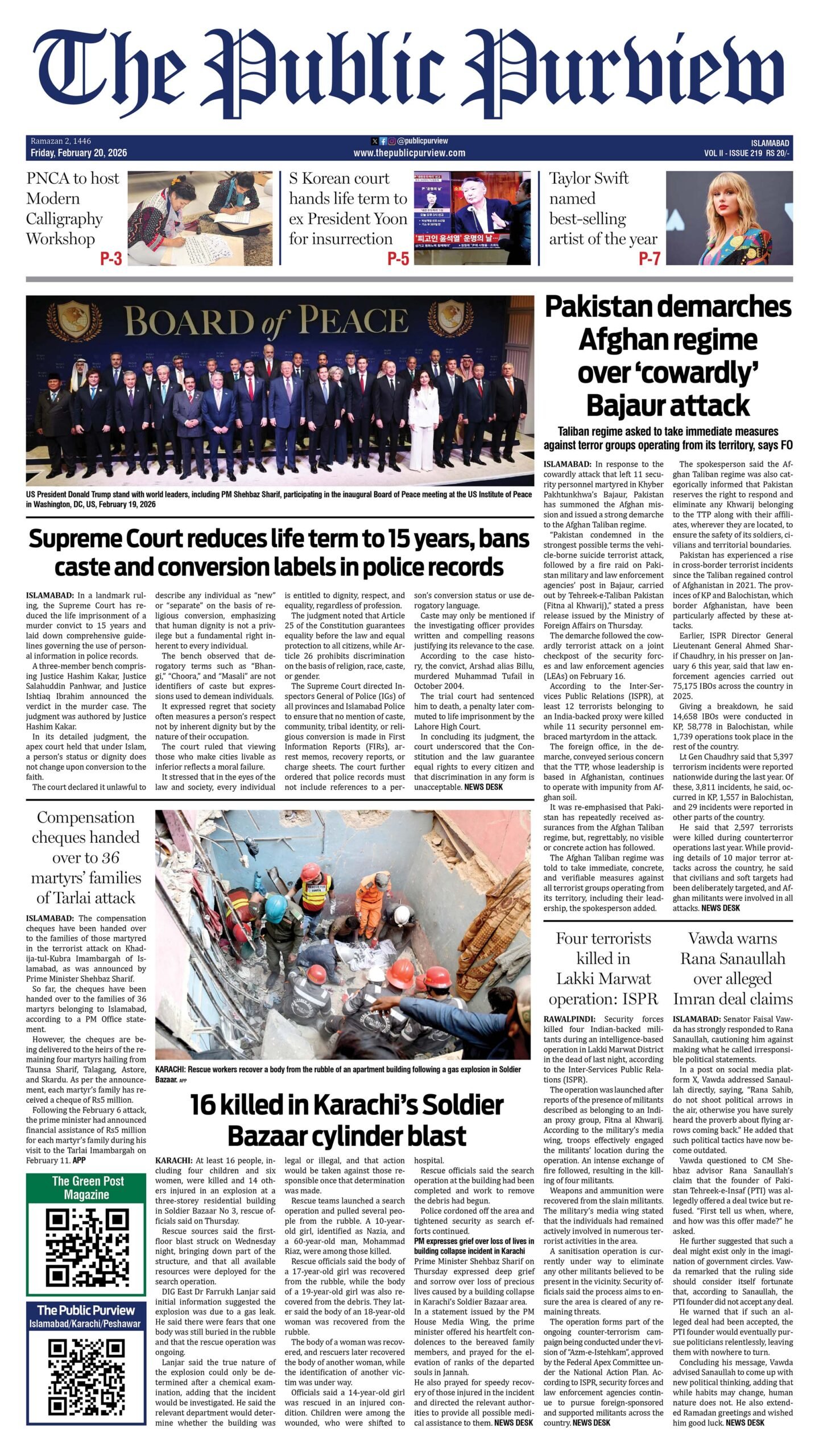BUENOS AIRES: Argentinian biochemist Alejandro Nadra fears President Javier Mile’s budget cuts will thwart his scientific efforts to uncover the cause of genetic diseases that disable and kill millions of people. Since taking office last December, Milei has frozen the budget and slashed budgets for public universities and research, despite annual inflation running at 236 percent.
That meant real spending on science and technology fell 33 percent year-on-year in August, according to the CIICTI research center. Nadra said he had already had to stop some of his experiments on the proteins responsible for the gene mutations that cause the disease. “We are on the verge of collapse,” Nadra told AFP from his lab at the University of Buenos Aires, home to three Nobel Prize laureates in science. Along with artists, teachers, pilots, social workers and countless other professionals affected by Mileia’s efforts to curb inflation and public debt, scientists fear for their future in Argentina. “People are leaving and no longer applying for scholarships or teaching positions because they’re not going to make it,” Nadra said. Those that do often end up in labs without the necessary equipment or supplies. “If things don’t change, the time is coming when everything will fall apart,” Nadra said. Nadra said he has not been able to buy anything he needs for his research since last November. “So when I run out of supplies, I’ll either borrow from someone who still has some, or I’ll stop the experiments.
The gross monthly salary of a research assistant at Argentina’s research council, Conicet, is about 30 percent lower today, about $1,180, than a year ago, according to the scientific institutes of the RAICYT network. Official figures released last week showed that 52.9 percent of people in Argentina’s Milea live in poverty. Biologist Edith Kordonová works at the State Research Institute IFIBYNE, where she deals with breast cancer. “This is the first time this has happened to me.
I mean, it’s always been very difficult to get funding, it’s always been very difficult to get scholarships, but now it’s practically certain that we have nothing… I’ve never had so little money to she could have done something,” she told AFP. Former Science Minister Lino Baranao recently pointed out that even before Milea’s cuts, Argentina spent about 0.31 percent of GDP on science, compared to 1.21 percent in Brazil, 3.45 percent in the United States, and 4.9 percent in South Korea .
Today it is even less, about 0.2 percent. “Never in Argentina’s recent history has there been such a drastic cut in the (science) budget,” Baranao told La Nacion. In a prosperous past, government research funding enabled the development of a transgenic strain of drought-resistant wheat by the Conicet research team, among other life-changing breakthroughs. Last week, Mile Coniceto’s government revised the work budget upwards to just over $100,000 for 2024, a figure physicist Jorge Aliaga considers “irrelevant” in its inadequacy. “It doesn’t change anything,” he told AFP. In March, a group of 68 Nobel laureates from around the world expressed concern in an open letter that Argentina’s public research system was approaching a “dangerous precipice.” For his part, the self-proclaimed “anarcho-capitalist” Milei attacked “so-called scientists and intellectuals who believe that an academic degree makes them superior beings.”







 Today's E-Paper
Today's E-Paper